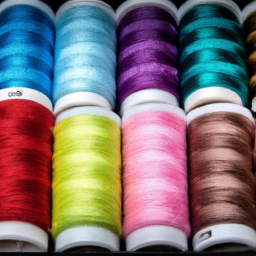

Embroidery, a form of decorative needlework, has gained tremendous popularity over the years. It allows you to create stunning designs, patterns, and even pictures on various fabric materials, enhancing their visual appeal. When it comes to embroidery, using the right thread is crucial to achieve beautiful and long-lasting results.
While many enthusiasts wonder whether they can use ordinary sewing thread for embroidery, the answer is both yes and no, depending on the project and desired outcome.
Regular Sewing Thread
Pros:
- Availability: Sewing thread is easily accessible in a wide range of colors, making it convenient for small-scale embroidery.
- Cost-effective: Sewing thread is generally cheaper than specialized embroidery thread, which can be beneficial for those on a budget.
- Flexibility: Sewing threads are often made of strong fibers such as polyester or cotton, providing decent tensile strength to withstand certain embroidery projects.
Cons:
- Thinner Threads: Standard sewing thread is usually thinner than embroidery thread, which can affect the overall appearance and coverage of your design.
- Color Fastness: Sewing threads may not be as colorfast as embroidery threads, leading to potential fading or discoloration over time.
- Limited Designs: The limited thread thickness and color options may restrict your ability to create intricate embroidery designs or achieve certain desired effects.
Specialized Embroidery Thread
Pros:
- Wide Range of Options: Embroidery threads are specifically designed for the art form, offering a multitude of shades and thicknesses to bring your creative visions to life.
- Superior Coverage: The thicker and more lustrous nature of embroidery thread ensures enhanced coverage and a more distinct appearance.
- Durability: Embroidery thread is typically made to withstand repeated washing and exposure to sunlight, maintaining its vibrant colors for longer periods.
Cons:
- Higher Cost: Specialized embroidery thread can be pricier compared to regular sewing thread, which may be a drawback for those with budget constraints.
- Limited Accessibility: Although embroidery threads are widely available, they might not be as easy to find as standard sewing threads.
Conclusion
In summary, while sewing thread can be used for embroidery in certain cases, it may not provide the same level of quality and durability as specialized embroidery thread. If you are looking to create intricate designs, achieve superior coverage, and ensure long-lasting results, investing in quality embroidery thread is highly recommended. However, for smaller, less complex projects or when cost is a significant factor, sewing thread can serve as a viable alternative.
To achieve the best results, consider the nature of your design, the fabric you are working with, and the overall aesthetic you wish to achieve. Experimentation and personal preference play significant roles in determining the best choice of thread for your embroidery projects.
Whether you choose sewing thread or opt for specialized embroidery thread, embroidery can be a delightful and fulfilling craft, allowing you to showcase your creativity and bring life to any fabric piece.
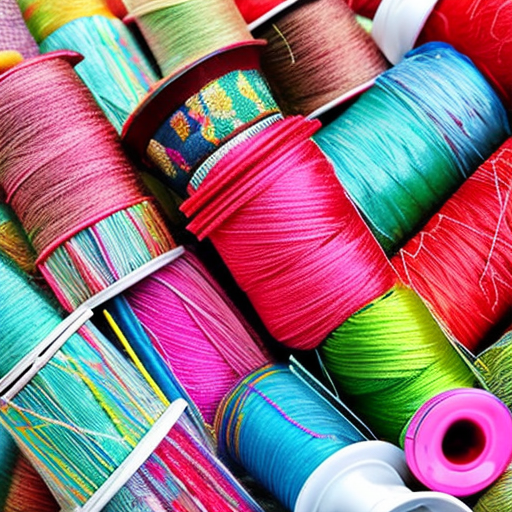
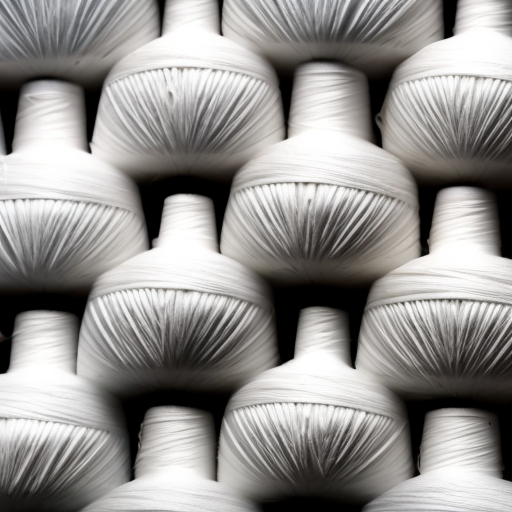
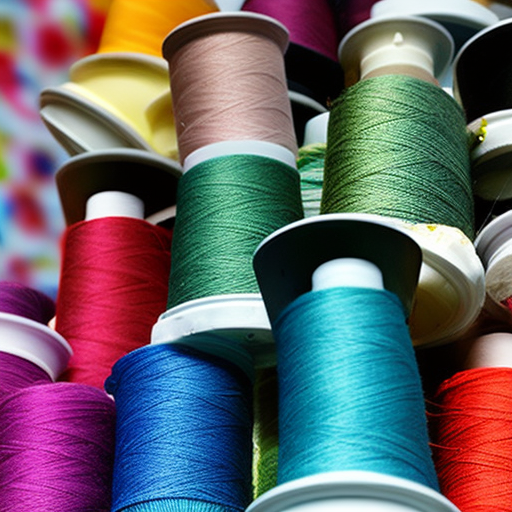
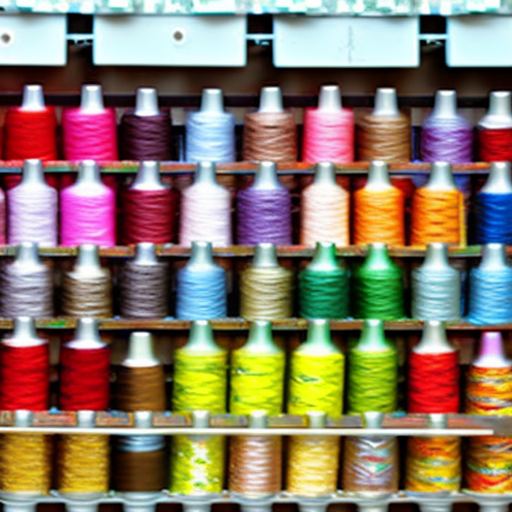
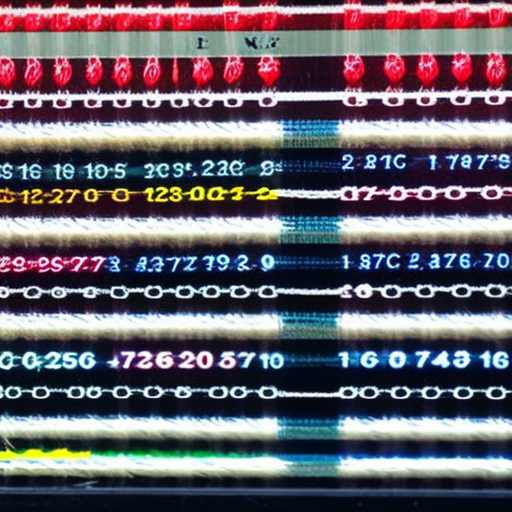
Yes, it can be used for embroidery but it’s not the ideal choice since the thread is too thin. Yes, sewing thread can be used for embroidery but it is better to use a thicker thread for a more durable outcome.
You can use sewing thread for embroidery in certain cases, but thicker thread is usually recommended for a longer lasting result.
I agree that sewing thread can be used for embroidery, but it is better to use thread that is specifically designed for that purpose. Embroidery thread is usually thicker and stronger than sewing thread, so it will produce more durable results.
Sewing thread is not the best choice for embroidery, as it is usually too thin and not strong enough to create the desired design. It’s better to use embroidery thread, as it is thicker and creates a stronger result.
Agreed – while sewing thread can work in a pinch, it is thinner and weaker than embroidery thread and is therefore not a great choice for longer lasting or complex designs. Choosing the right type of thread for the job is essential for the best embroidery results!
While sewing thread may work in some situations, embroidery thread is typically thicker and more suited to the job, creating a stronger and more long-lasting design. Therefore, it would be wiser to use embroidery thread in order to get the best results.